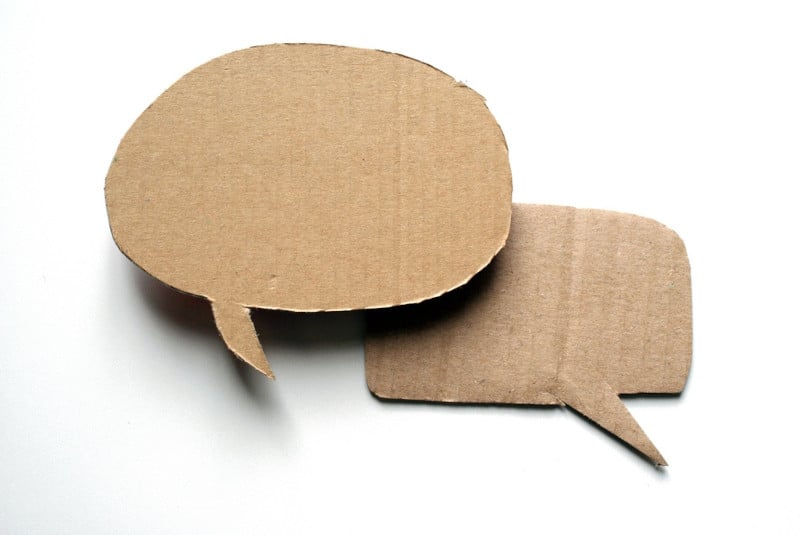- Office Hours Mon - Fri 9:00 am – 4:00 pm EST
 At one point or another in your career, you’ll likely have a patient that was treated by another dentist who made some sort of mistake.
At one point or another in your career, you’ll likely have a patient that was treated by another dentist who made some sort of mistake.
What should you do when everything is wrong because of the former dentist’s mistakes?
Let me quickly tell you this: try not to ever bad mouth the former dentist, no matter how bad it is. It doesn’t do you any favor, and it doesn’t help the patient.
Typically, patients will tell you that they really liked their former dentist. So making him look bad would most likely do more harm than good. If you insult the other dentist, you’re really insulting the patient because the patient selected the other dentist. You can end up making them feel dumb; that they made a bad decision.
Instead, the thing to do is say, “Well, let me just have a look and we’ll tell you what I find. I’ll help you understand it. I want you to understand everything that’s going on here. I’m going to answer every question you have, and then you can make up your mind what you want to do.”
You can also point out some things that were done right. Maybe the previous dentist did a great job at keeping your patient’s mouth biologically healthy. Point that out.
You don’t have to tell lies. You just say what you find and what you think needs to be done. If the patient is seeing what you see, the problems will be obvious. Don’t under estimate the value of good digital photographs to help you explain what you see in the mouth.
You can say, “We’ve learned an awful lot in dentistry in the last few years, and I’ve been doing a lot of post-graduate study, and we know a lot more now than we did even a year ago. So let’s just take advantage of what we know.”
Now if you see some bad orthodontics, I would suggest that you take impressions of the mouth, mount them in centric relation with a facebow, and sit down with the orthodontist, and point out to the orthodontist what you’re finding. This is a great thing to do with orthodontists you plan on working with because you’re going to be very frustrated when you understand what good occlusion is, and have to work with an orthodontist who doesn’t understand it.
By sitting down together with an actual case, you can get them on the same page with you to start with. Most of the orthodontists we have worked with appreciate it if we have a good explanation for our requests and we do it respectfully.
Photo Credit: Marc Wathieu via Compfight cc
ADA CERP is a service of the American Dental Association to assist dental professionals in identifying quality providers of continuing dental education. ADA CERP does not approve or endorse individual courses or instructors, nor does it imply acceptance of credit hours by boards of dentistry.
Concerns or complaints about a CE provider may be directed to the provider or to the Commission for Continuing Education Provider Recognition at ADA.org/CERP.